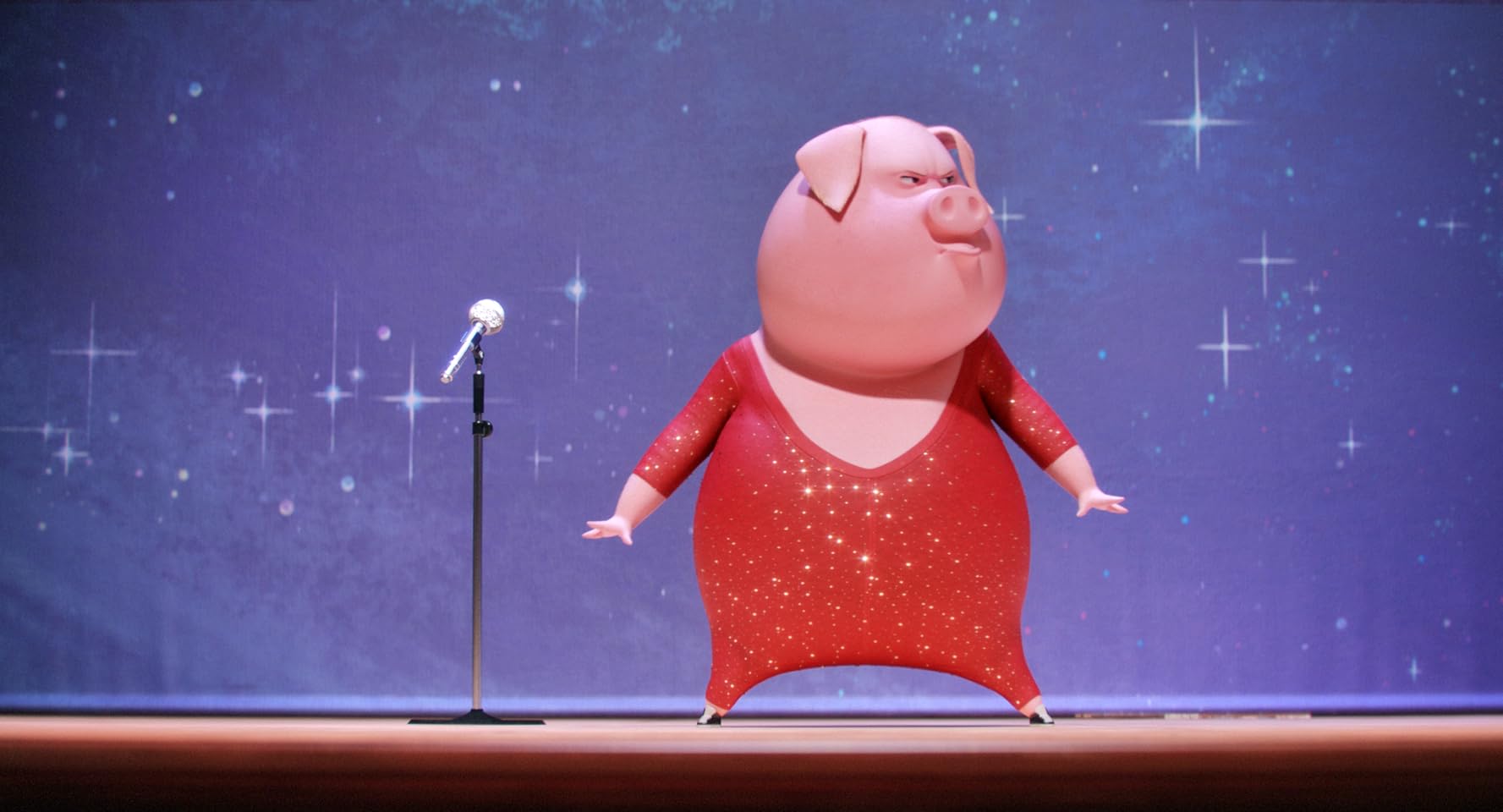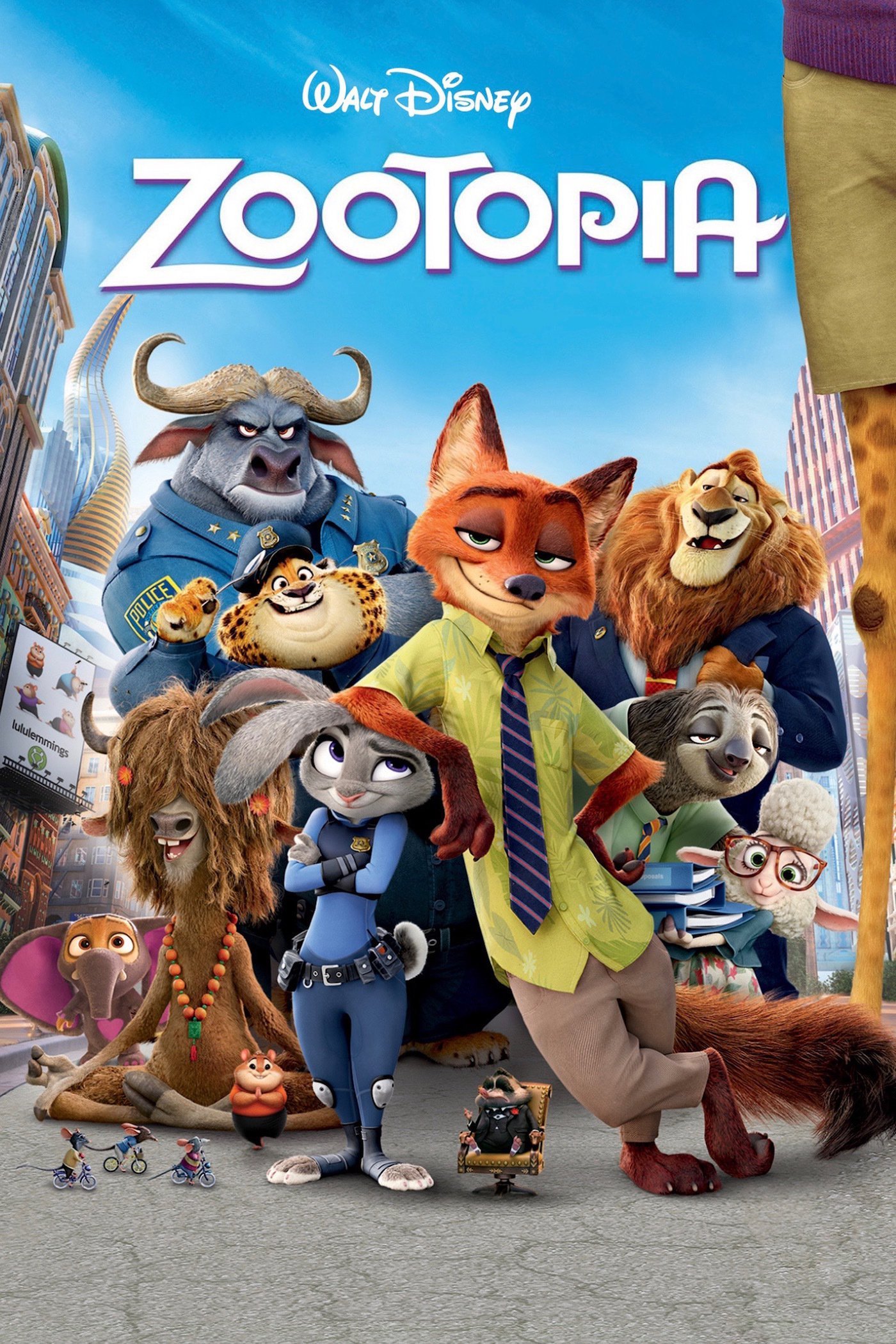Yes, readers, I am coming back to the subject of strong women. One cannot fail to notice how modern movies show us women who out-men the men these days. They practically hit viewers in the face with this bull-headed idea, and it has to stop.
At first glance, Dreamworks’ How to Train Your Dragon appears to fit this mold of “women are better than men.” Astrid, the heroine of the film and its sequel, begins the movie as the ultimate example of a girl who out-boy’s the boys. She is strong, fast, smart, and the top of her class, which is mostly made up of boys.
Now her competition is hardly the greatest; it is, in fact, a perfect example of the way Femi-Nazis want men to be perceived, by themselves and by women. Of the four boys in her class, Astrid is physically as strong as the boys. Fishlegs is a large boy and therefore relatively strong, but he is also fearful. This makes him absolutely no competition for Astrid in the arena, as he spends most of his time there running away from the dragon of the day.
Snotlout is strong, but he is so self-centered it is amazing he can even walk in a straight line. Tuffnut not only has less muscle tone than these two characters, he has lost whatever brains he had by constantly fighting with his twin sister, Ruffnut. In one of the films intriguing reversals, however, she is also no real opposition for Astrid. Ruffnut is almost as moronic as her twin brother – and in How to Train You Dragon 2, he actually shows more intelligence than she does on a couple of occasions.
As for the hero of the piece, Hiccup can barely lift an axe. He is scrawny, weak, and definitely no physical competition for Astrid, whom he adores from afar because she will not give him the time of day. So of all the young Viking warriors to whom the audience is introduced, Astrid is presented as the best, the brightest, and the strongest of the lot.Typical SFC, right?
Nope.
Things begin to change for Astrid when Hiccup secretly starts working with the Night Fury he shot down.In caring for Toothless, Hiccup learns about dragon habits, finding their weaknesses as he studies him. After a while, he outstrips Astrid in the training center by defeating the dragons sent against the trainees via his newfound knowledge. Everyone mistakes this for a sudden turn in Hicccup’s physical prowess rather than realizing he is winning these engagements through anatomical knowledge.
Only Astrid sees how he is actually beating the dragons – and thereby her – in the training center. And she does not like it. She finally follows and confronts Hiccup in the dell where he has kept Toothless hidden, demanding answers about his sudden rise to prominence over her. This leads to her discovery of Hiccup’s secret friendship with the Night Fury.
Furious at Hiccup, but happy to be back at the top of her class, Astrid races off to tell the villagers what he has done.
Hiccup manages to derail that attempt by chasing her down on Toothless and begging her to let him explain what he has learned. Reluctantly, Astrid agrees to at least let him get her out of the tree he and the dragon set her in.
But Toothless goes further than Hiccup wanted him to go by getting Astrid to apologize for abusing his rider. When she finally does this, the dragon relents and provides her with her first real ride through the sky.
This ride uses some of the best CGI in the film, and it is clear that Astrid is as enchanted with the beauty of the scene as the audience is. Hiccup and Toothless fly her through the clouds while the sun sets, then bring her up to see the Aurora Borealis bloom in the starry sky. Overwhelmed by the beauty, Astrid lets down the guard she has placed around her heart and wraps her arms around Hiccup’s waist – a gesture he is quick to note, though he says nothing about it.
When discussing the character, however, the critics – along with many fans and probably the actors themselves – focus not on Astrid’s reaction to this scene but on her physical skills, strength, and stamina. What most of the critics will never admit is that until Toothless gives her the first dragon ride of her life, Astrid has been living a false persona in order to get ahead.
Think about it, readers. Astrid is surrounded by fierce, resilient Vikings who have been waging a war with a local nest of dragons for three centuries. In order to fit into this world, Astrid suppresses her natural sweetness and love for beauty, focusing instead on becoming a strong, ferocious warrior in order to be the future dragon-slaying heroine of Berk.
Hiccup, who is the butt of the village jokes because he physically cannot handle a weapon, has no such recourse in his day-to-day life. He has to rely on his wits, on what he builds, to make any mark on the village – and most of those marks are more damaging than helpful. The village mantra is not eloquently spoken, but it essentially reads thus: to be accepted by the society of Berk, one has to toe the popular line. This means that the men and women of the island have to be fierce warriors with no time for, or inclination toward, study and learning.
Astrid follows this prescription from the start, more so than any of the other village children. She practices harder than they do to learn combat techniques and criticizes herself harshly when she makes the slightest mistake.
On the other hand, though he tries time and again to fit in with the stereotype perpetuated and expected by his elders – especially his father – Hiccup cannot suppress his natural curiosity and sense of wonder. His skinny frame, lack of muscle tone, and reliance on machines to do what the other Vikings can do by hand is not accepted by the adults. His curiosity, his willingness to study and learn so he can invent a gadget to help him better his life, also marks him as different – a difference the villagers of Berk cannot accept until the end of the film.
In this way the Island of Berk in the movie serves as a microcosm of modern society. Though it is oft proclaimed that children should “be themselves” and pursue what makes them happy, there are no end of adults in official positions who will cheerfully slap down any signs of individuality and personal gifts the children under their supposed care demonstrate. Whether they realize it or not, they do this in order to maintain an expected status quo and the mantra that “girls rule while boys drool.”
Boys are routinely told through modern media that they are stupid, boorish, and disgusting. And if they are smarter than average, they mask their intelligence to avoid persecution. In How to Train Your Dragon, Snotlout exemplifies disgusting and boorish behavior with his constant passes at Astrid (who duly ignores his attempts to snare her for a date).
Tuffnut practically embodies the modern idea of the stupidity of boys. He regularly boasts about his strength, courage, and intelligence, only to be proved lacking in all of the above before the final battle. He hates learning about anything that does not involve pranking or fighting, disdains reading and other academic pursuits the way germophobes fear bacteria.
Fishlegs, meanwhile, is the trite smart boy. Bursting with facts he has memorized from the Book of Dragons, he is painted as the stereotypical geek overflowing with knowledge but who is, at the same time, short on courage. With competition like this, Astrid has no problem being the most likely to succeed at the Dragon Slaying Academy of Berk.
Hiccup is the only boy to defy the Berkian – and therefore the modern – trope. By studying Toothless in order to help him fly again, Hiccup puts his knowledge to good use in the arena. He “defeats” dragon after dragon without killing them, and he does it so well that he unintentionally outshines all the other students for the first time in his life.
When Astrid discovers the source of his new skills and fame, Hiccup knows he has to convince her to change her mind, or Toothless will be killed. After their initial hard ride, Astrid admits Hiccup is correct about how amazing Toothless is. The three are then inadvertently drawn along with the swarm of dragons taking food to the Red Death, learning the secret of the dragon attacks as well as the location of the dragon’s nest. Upon their return, Hiccup is forced to stand up to Astrid when she asks if he is seriously prepared to forego ending the dragon war in order to protect Toothless.
In this moment, Astrid and Hiccup finally break down the barriers that Berkian society has forced on the two of them. Hiccup proves he is man enough to protect his friend at personal cost to himself. Meanwhile, Astrid takes on the proper role of the supportive friend who also happens to be developing romantic feelings for the boy she once scorned.
The scene shows the two discovering who they truly are, though perhaps only one recognizes the change in self-perception. Hiccup, distracted with his fear for Toothless’ safety and stopping a war which has lasted for three centuries, does not see in himself what Astrid now sees. Though he is skinny and not physically strong, Hiccup is strong in his will to protect his friend and to end the war. He does not know how he can do it, but he does intend to do it. While he knows it will cost him the acceptance he thought he longed for his whole life, his determination and courage do not waver in the face of that apparent loss.
Recognizing this about him, Astrid’s hardened heart at last thaws out. Presented with a young man who says what he means and has the strength of will to see it out, she realizes that she has no need to show the perfect warrior front to him. Hiccup is already a warrior, having broken custom to discover something wonderful in the dragons all the other Vikings fear as menaces. So Astrid stops behaving like a violent-tempered Viking shieldmaiden and acts like what she really is: a girl longing for a true friend who will accept her for herself, not for her skills or her looks.
This relationship between the two characters is expanded upon in the second film. In this story, it is Astrid who makes the mistake that leads to a deadly confrontation with the movie’s antagonist, Drago Bludvist. Her pride in Hiccup’s skills as a dragon master blinds her to the very real danger facing her and her friends. At the same time, Hiccup himself undergoes a metamorphosis as he learns that he cannot run from his responsibilities because, sooner or later, they will catch up with him and demand his attention. He becomes a “manly man” in How to Train Your Dragon 2, as Astrid embraces her femininity without losing her warrior skills.
The architects of modern society are trying desperately to prevent the children and youth of today from discovering this self-knowledge, readers. They are working hard to confuse them; they are telling boys that they must either act effeminately or behave like barbarians in order to be accepted by society. Girls are routinely told that they can do anything, that they are as good as the boys, even when it becomes manifestly obvious that they are not and cannot be a boy.
This is hurting today’s youth. The boys are growing up, avoiding college and prospective jobs and are avoiding fatherhood at an even more alarming rate. Meanwhile, the girls must juggle their natural instincts toward beauty, marriage, and motherhood with the idea that they must be something else. As a result, more young women are thrust into college, there to take courses of dubious merit, and then trying to enter a labor force with no room for expansion. At the same time more and more young men are retreating from that front because they are being precluded from doing so.
The modern world needs more Hiccups and Astrids, readers. It needs men and women who will challenge and destroy the sacred, golden cows of modern society. The world needs women who realize they will be happier when they embrace their womanhood; it needs men who will defy the stereotype that has been forced upon them. It needs men of courage, men of honor and dignity, men who recognize and love women for who they are, not for what they can or cannot do.
A woman loses nothing by being a mother, just as a man loses nothing by being a father. If anything, the roles grant them more power, prestige, and wonder than any other job in life….if only they are willing to see that truth.
















